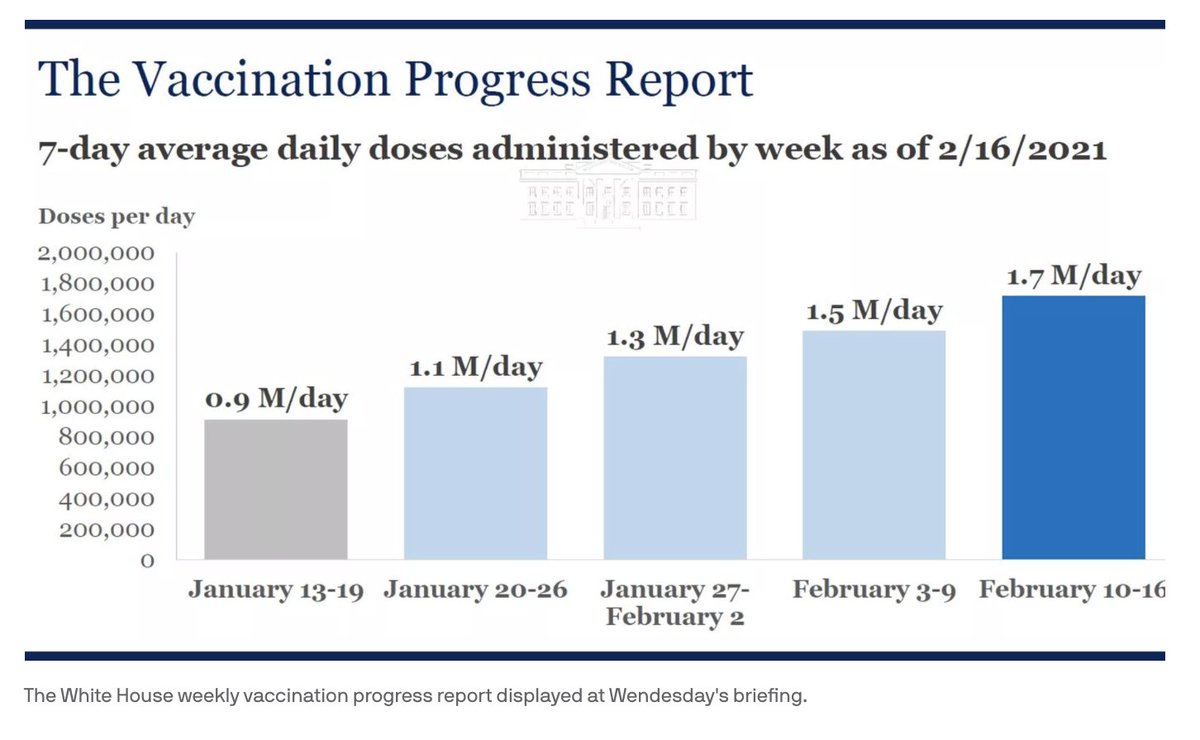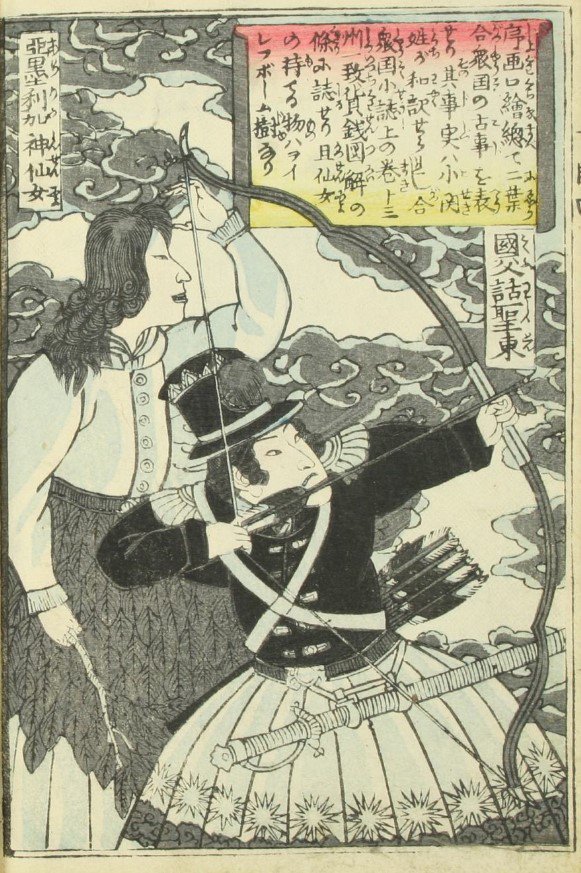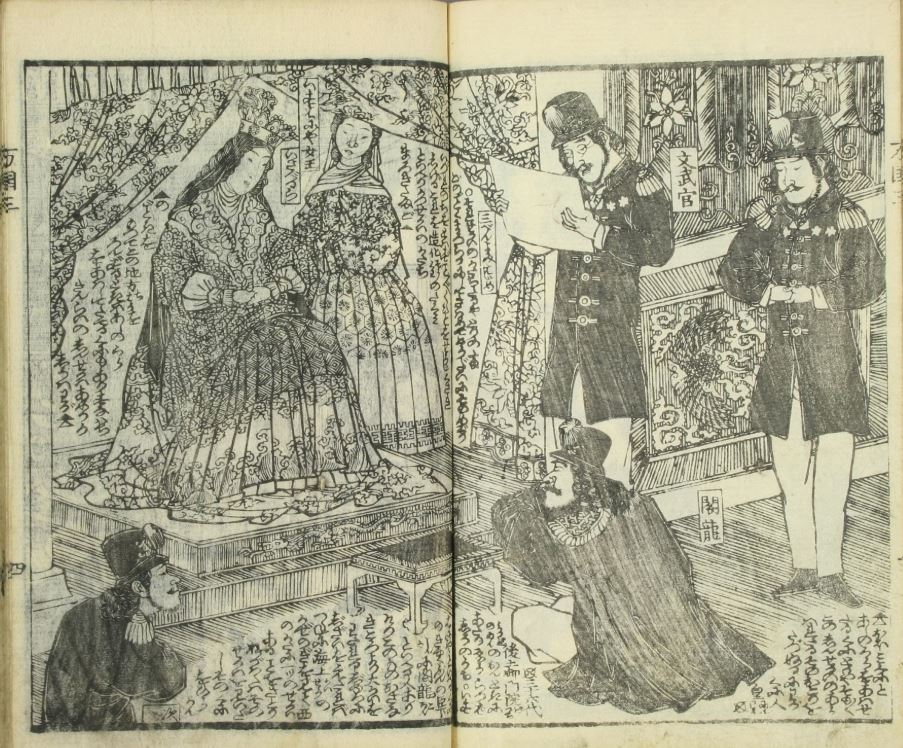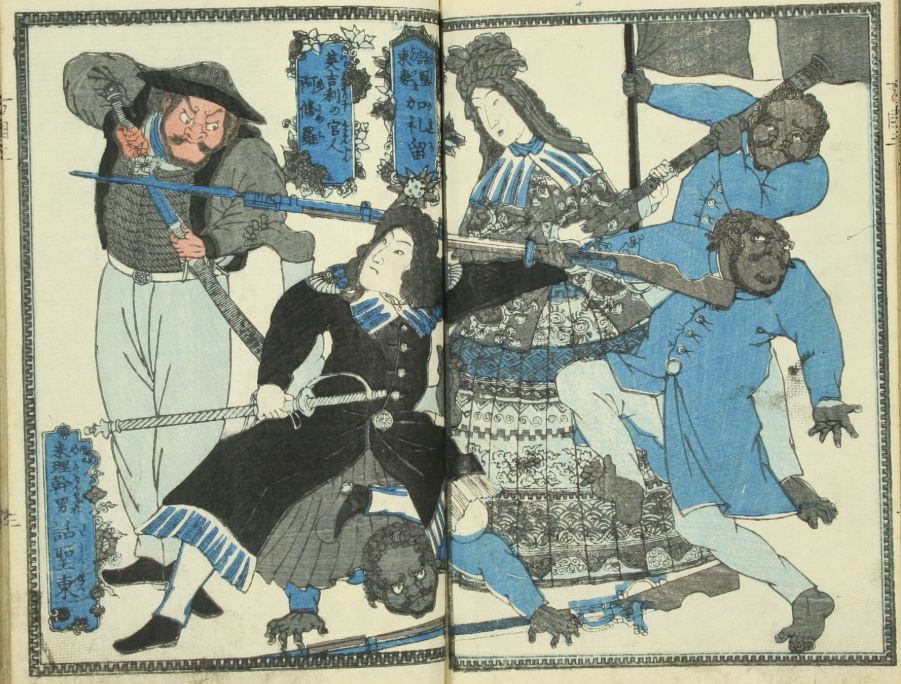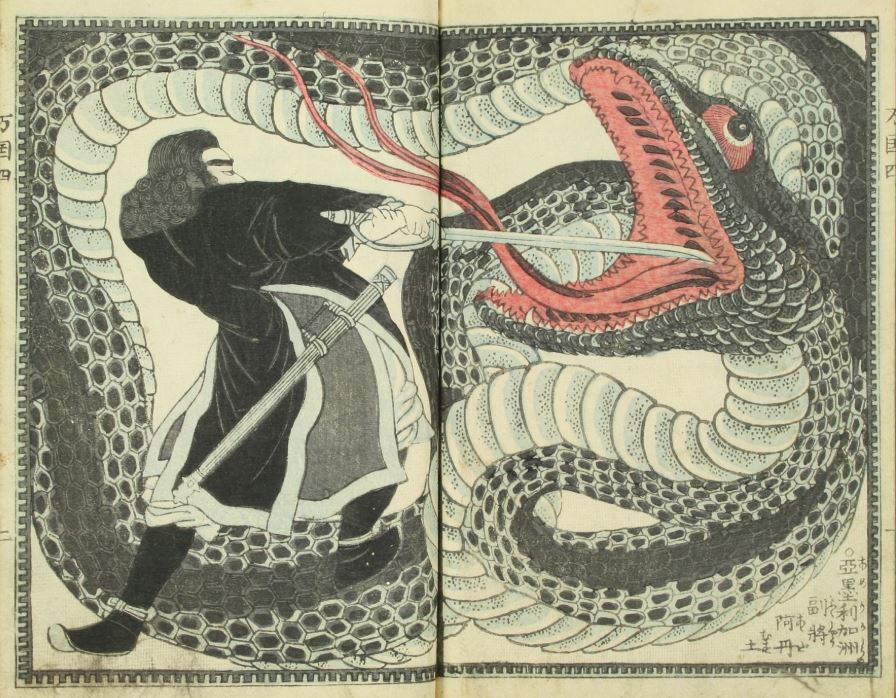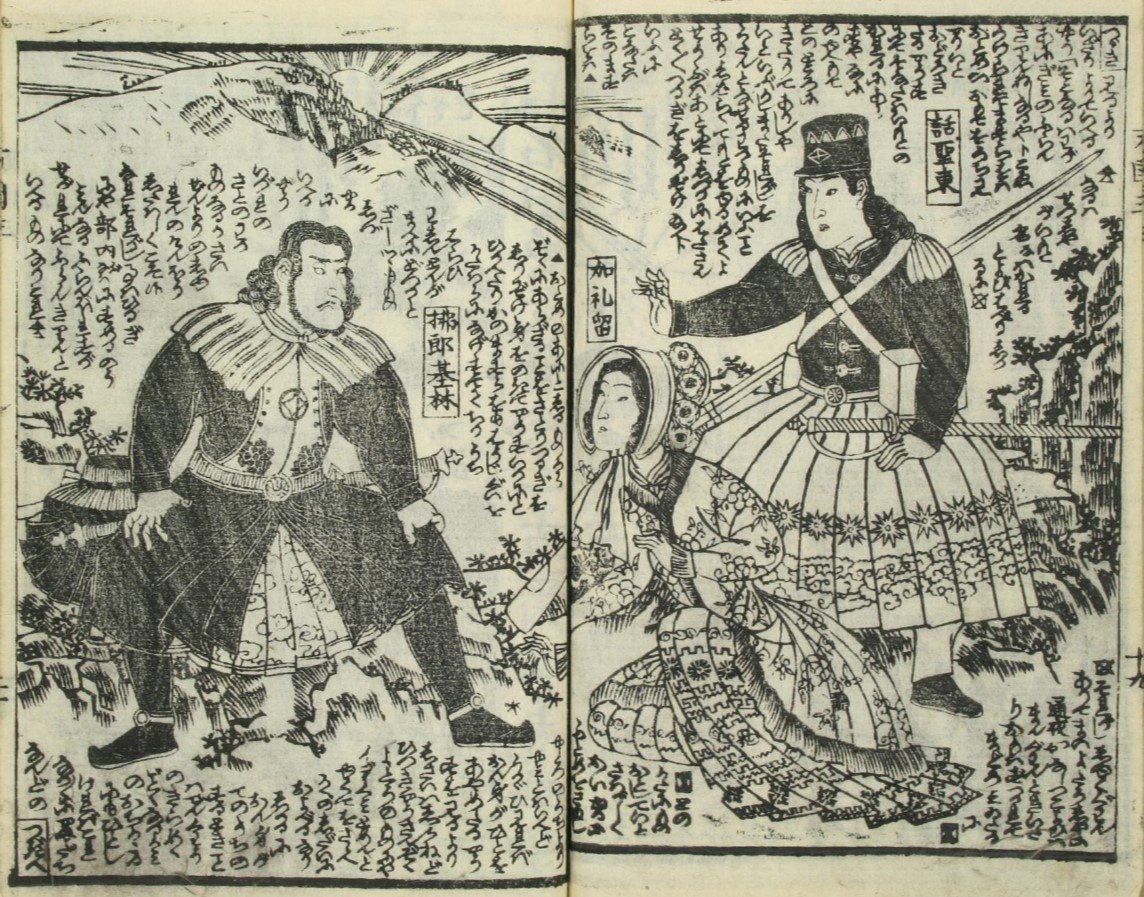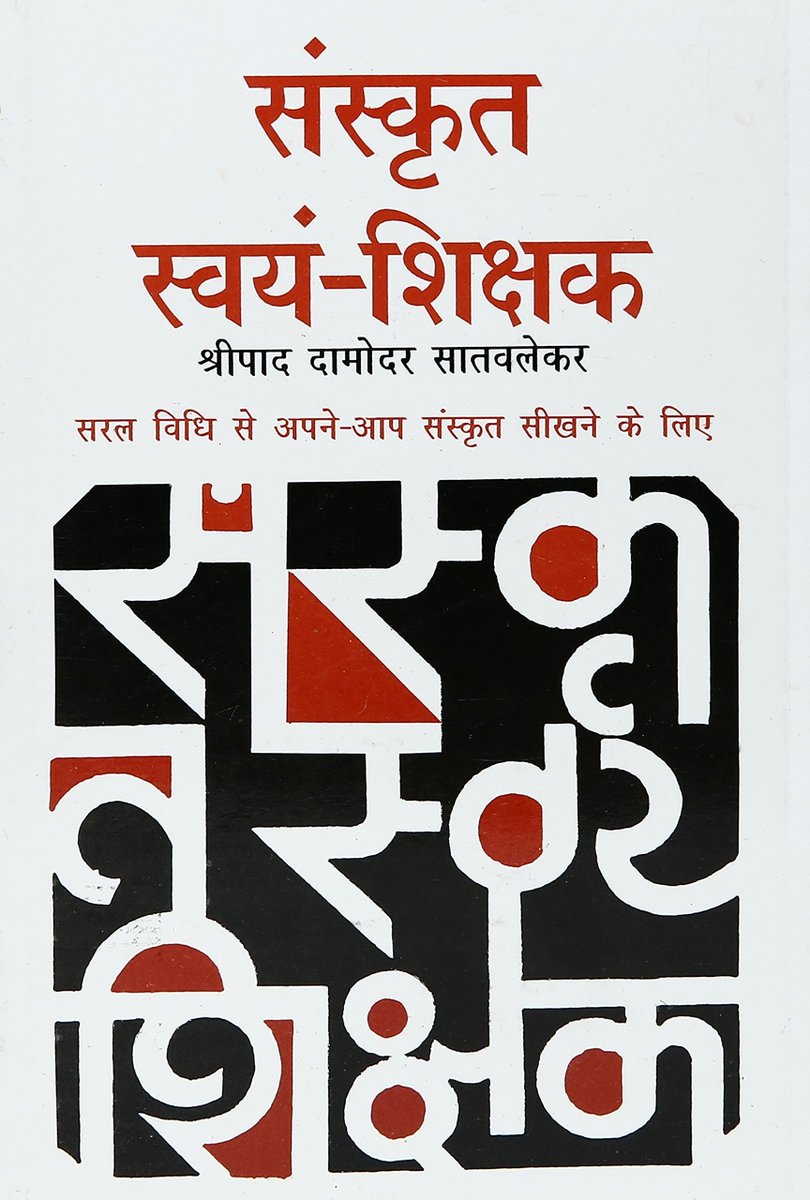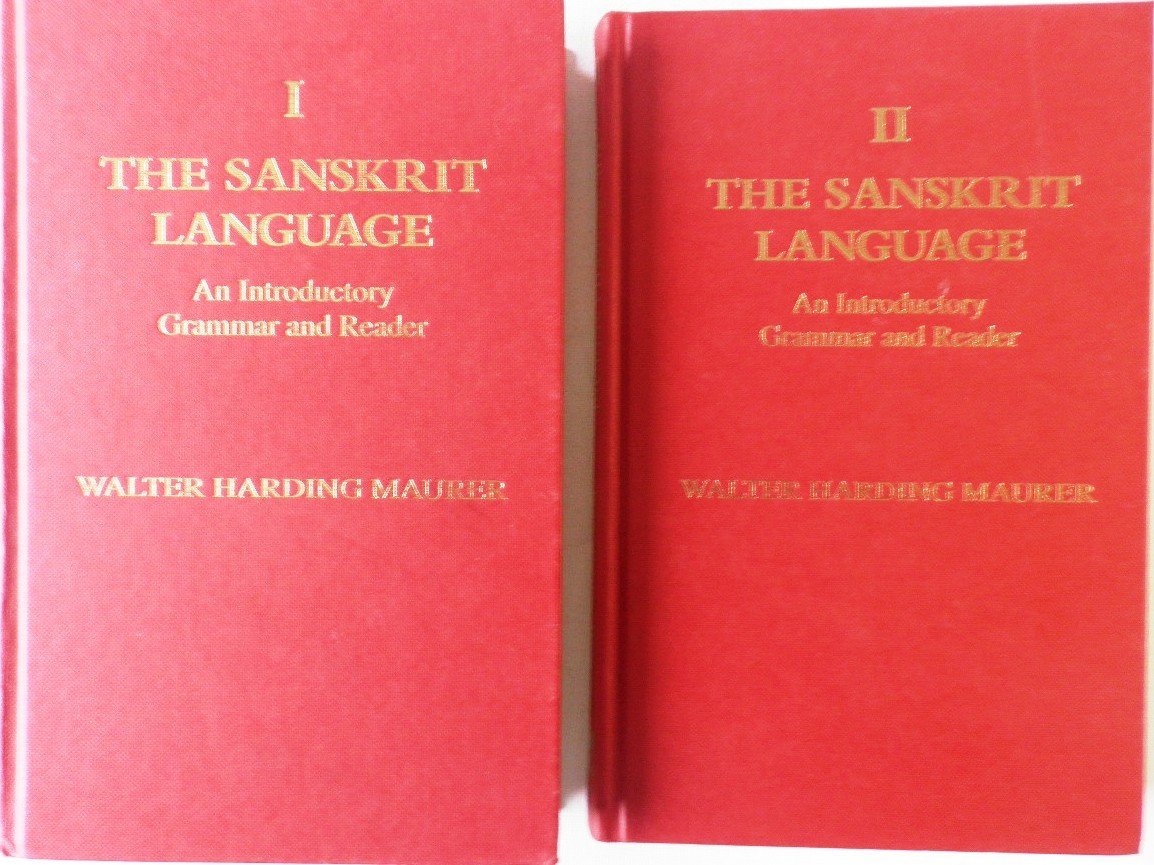I wrote a book about the Fairness Doctrine and how it was responsible for one of the worst episodes of government censorship in US history.
So I am somewhat alarmed at the calls percolating on Twitter for a new, internet Fairness Doctrine. This is a thread about why that is.
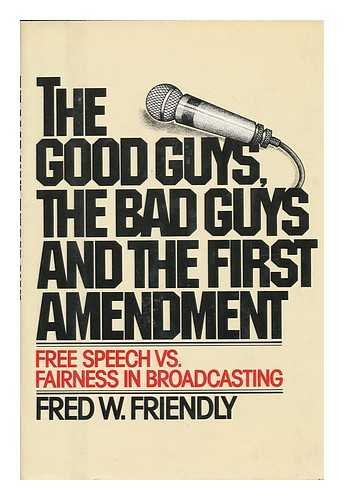
More from Paul Matzko
This is a great question from @HeerJeet and it has very old roots. In my book, I discuss a similar period of anxiety in the 1960s about the possibility of Air Force officers being involved in a coup. Thread.
Given the size of the US military in WW2, afterwards there was a spike in concern that some of these demilitarized veterans would be amenable to radicalization and supportive of insurrection. These fears heightened after the coups in France/Algiers in 1958 and 1961.
This was the peak era of the Cold War, so anti-communist anxiety was layered over top. The Right feared that communist infiltrators in the government would subvert the Republic. The Left feared that anti-communist military officers would launch a preemptive, paranoid coup.
Note as well that the foundation for these fears was rooted in a novel concept that journalist Edward Hunter had recently coined, "brainwashing." The idea was that US POWs held by North Korea had been brainwashed into accepting communism & might act as a fifth column back home.
You can see that particular paranoia in cultural artifacts from the time like "The Manchurian Candidate," novel in 1959 and the hit 1962 movie starring Frank Sinatra and the incomparable Angela Lansbury. Those sneaky commies nearly infiltrated the Oval Office itself, oh no!!
What's the back story about why so many former air force people are coup friendly?
— Jeet Heer (@HeerJeet) January 10, 2021
Given the size of the US military in WW2, afterwards there was a spike in concern that some of these demilitarized veterans would be amenable to radicalization and supportive of insurrection. These fears heightened after the coups in France/Algiers in 1958 and 1961.
This was the peak era of the Cold War, so anti-communist anxiety was layered over top. The Right feared that communist infiltrators in the government would subvert the Republic. The Left feared that anti-communist military officers would launch a preemptive, paranoid coup.
Note as well that the foundation for these fears was rooted in a novel concept that journalist Edward Hunter had recently coined, "brainwashing." The idea was that US POWs held by North Korea had been brainwashed into accepting communism & might act as a fifth column back home.
You can see that particular paranoia in cultural artifacts from the time like "The Manchurian Candidate," novel in 1959 and the hit 1962 movie starring Frank Sinatra and the incomparable Angela Lansbury. Those sneaky commies nearly infiltrated the Oval Office itself, oh no!!


